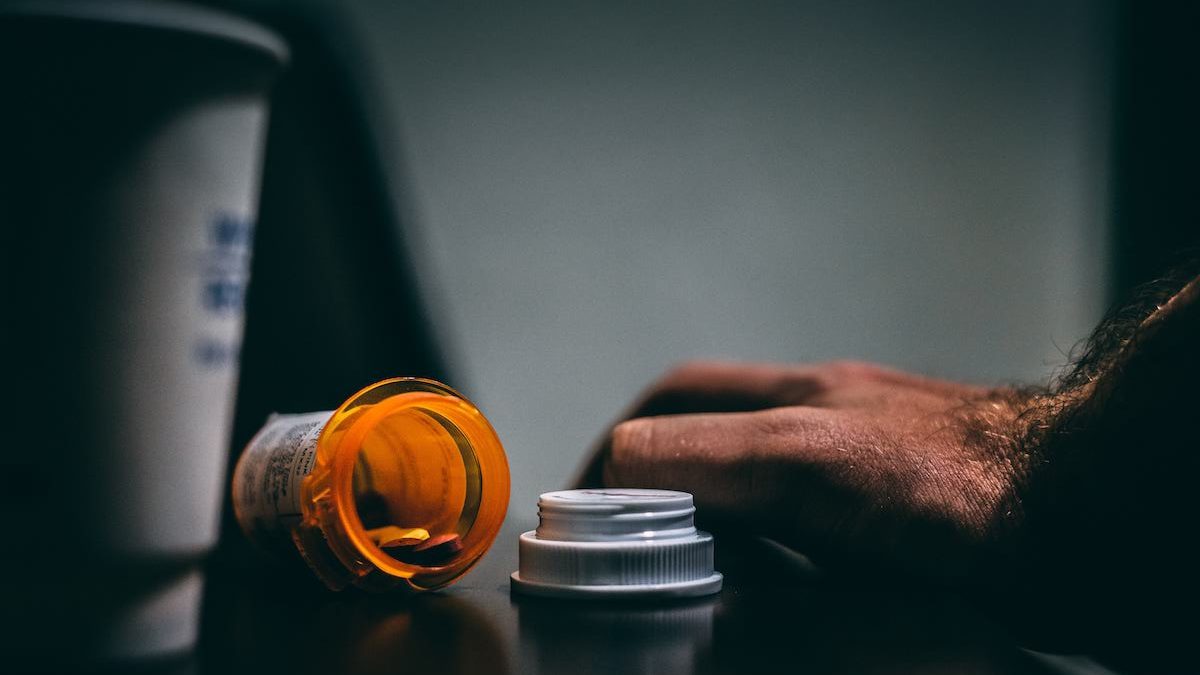Addiction, also referred to as substance use disorder, develops differently in different people. Addiction is listed in the Diagnostic and Statistical Manual of Mental Disorders, Fifth Edition (DSM-5) as a brain disorder that is characterized by compulsively engaging in rewarding stimuli regardless of the negative consequences. There are a variety of contributing factors related to an individual developing an addiction. These include environment, genetics, peer pressure, gender, personal health history, and more. Regardless of the presence of any or all of the contributing risk factors, there are several substances that when used can exponentially increase one’s susceptibility for developing an addiction. In addition to the many legal medications that have addictive qualities, there are a plethora of illicit substances that have extremely high addictive qualities.
Alcohol
Alcohol changes the way one’s brain works, which subsequently affects how an individual thinks, feels, and acts. According to the Mayo Clinic individuals that consume fifteen drinks or more, weekly are considered excessive drinkers. The more frequently an individual drinks alcohol and/ or continuously increases the amount of alcohol consumed the greater his or her chances are for developing a tolerance, which can result in addiction.
Marijuana
There is controversy as to whether or not an individual can physically become addicted to marijuana the same way one may develop an addiction to another substance. The National Institute on Drug Abuse confirms that an individual is capable of developing an addiction to marijuana and refers to it as marijuana use disorder. It further provides a synthesis of recent data that suggests that 30% of individuals that use marijuana have some degree of marijuana use disorder. The timeframe for low long it may take for an individual to develop an addiction to marijuana is variable.
Cocaine
Cocaine is a highly addictive, illegal stimulant that is derived from the coca plant. It can be consumed orally (eaten/ swallowed), via the nasal cavities (snorted), and/ or intravenously (injected). The method of ingestion will greatly contribute to the length of time it may take an individual to become addicted to cocaine. According to American Addiction Centers due to its addictive nature and strong potency, an individual has the propensity to become addicted to cocaine after his or her first use.
Heroin
Heroin is an incredibly addictive opioid that is currently illegal in America. It can be taken via a variety of methods, similar to cocaine (i.e. smoked, swallowed, snorted, injected…etc.), but regardless of the method of ingestion upon entering the body heroin moves to the brain rapidly and quickly begins shifting the way one’s central nervous system functions. A tolerance to heroin is easily built up which can shorten the length of time it may take an individual to develop a heroin addiction.
Although it is not necessarily common for an individual to become addicted to heroin after a single use, it is known to be one of the most addictive substances available. Furthermore, it has been reported by the American Society of Addiction Medicine that nearly one in four individuals who use heroin go on to develop an addiction.
Engaging in habitual substance abuse is a slippery slope, regardless of the substance, that can quickly lead to addiction. The type of substance abused, the duration of one’s substance abuse, the potency of the drug abused, one’s personal health history, as well as one’s family health history will all contribute to the length of time it may take for an individual to develop an addiction to any substance he or she habitually abuses.
For Information and Support
If you are concerned for yourself or a loved one in regards to substance abuse and/ or addiction we recommend reaching out for help as soon as possible. If left untreated, substance abuse can result in long lasting and potentially life-threatening consequences. Keep in mind: you are not alone! There is an entire network of professionals that are available to help and support you and your loved one throughout the recovery process. The earlier you seek support, the sooner your loved one can return to a happy, healthy, and fulfilling life.
Please do not hesitate to reach out with any questions regarding our specific program at Haven House Addiction Treatment and/ or general substance abuse and/ or addiction treatment related information. Our highly trained staff is readily available to discuss how we might best be able to help you and your loved one.



